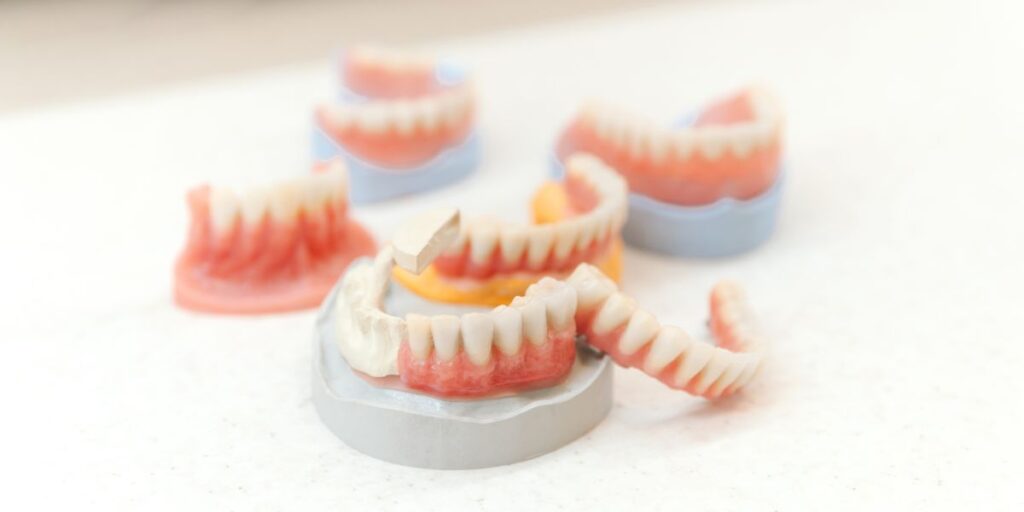Introduction: Restoring a Healthy Smile
When your teeth are damaged or weakened, it can affect your ability to eat, speak, and smile with confidence. Dental crowns are a versatile and effective solution for restoring both the function and appearance of compromised teeth. In this article, we’ll delve into the world of dental crowns, exploring what they are, how they work, and why they are an essential tool for maintaining your oral health.
Chapter 1: Understanding Dental Crowns
Dental crowns, also known as “caps,” are tooth-shaped restorations that cover a damaged or weakened tooth entirely. They are custom-made to fit over the affected tooth, providing strength, protection, and a natural appearance. Crowns are often used to address a variety of dental issues, such as:
- Broken or Cracked Teeth: Crowns can effectively reinforce and protect teeth that have suffered damage.
- Large Fillings: When a tooth has a substantial filling, a crown can help to prevent further damage.
- Weak or Fractured Teeth: Teeth that are weak due to extensive decay or root canal treatment benefit from the added strength of a crown.
- Cosmetic Improvements: Crowns can be used to enhance the appearance of misshapen or discolored teeth.
The Crown Placement Process
The process of getting a dental crown generally involves the following steps:
- Consultation: Your dentist will examine your oral health and discuss your specific needs.
- Tooth Preparation: The affected tooth is prepared by removing any decay and shaping it to accommodate the crown.
- Impressions: An impression of the prepared tooth is taken to create a custom crown that fits perfectly.
- Temporary Crown: While your permanent crown is being fabricated, a temporary crown is placed to protect the tooth.
- Crown Placement: Once your custom crown is ready, it is securely cemented onto your tooth, restoring its function and appearance.
The Benefits of Dental Crowns
Dental crowns offer numerous advantages, including:
- Strengthened Teeth: Crowns provide support to weakened or damaged teeth, preventing further deterioration.
- Natural Appearance: They are designed to match the color, shape, and size of your existing teeth, ensuring a seamless blend with your smile.
- Restored Functionality: Crowns allow you to bite, chew, and speak comfortably.
- Longevity: With proper care, crowns can last many years, providing a durable solution.
Caring for Your Dental Crowns
To ensure the longevity of your dental crowns, it’s essential to maintain good oral hygiene practices:
- Regular Brushing and Flossing: Continue to brush and floss your teeth to prevent decay around the crown.
- Dental Check-ups: Schedule regular dental check-ups to monitor the condition of your crown and overall oral health.
- Avoid Hard and Sticky Foods: Be cautious when consuming hard or sticky foods to prevent damage to your crown.
Conclusion: Restoring a Healthy Smile
Dental crowns are a vital tool in modern dentistry, providing a solution for a variety of oral health concerns. Whether you need to repair a damaged tooth, enhance your smile’s aesthetics, or strengthen a weakened tooth, crowns offer a versatile and durable solution. By understanding the benefits and maintenance of dental crowns, you can enjoy a healthy and confident smile for years to come.

